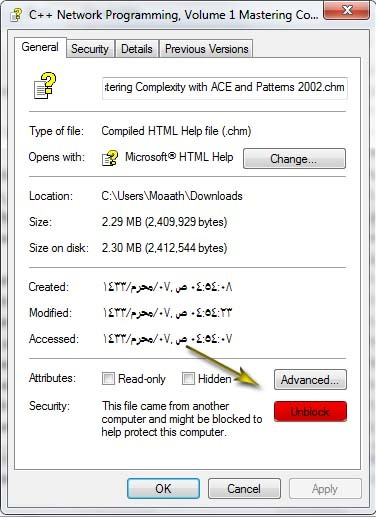
This is all very new and I am on a very steep learning curve, so any help appreciated. How should I set up ICEauthority, or where should I save the SSH Keys- or what permissions should they have? Would using a virtual machine be best? I got round this problem and deleted the SSH files but want to be able to use the correct permissions to avoid these issues in future. Now to work round this I then tried sudo chmod 600 ~/.ssh/id_rsa sudo chmod 600 ~/.ssh/id_rsa.pubīut shortly after my computer froze up, and on logging back on there was a could not find. It is recommended that your private key files are NOT accessible by others. Permissions 0755 for '/home/etc.ssh/id_rsa' are too open. Then I get this back: WARNING: UNPROTECTED PRIVATE KEY FILE!

I save it in the default ( /home/user/.ssh/id_dsa) and enter Enter passphrase twice. This was my config ( C:\Users\myUser\.I need to use SSH on my machine to access my website and its databases (setting up a symbolic link- but I digress). So don't be worried if you don't have the config file. That's why I have the config file in the first place. Usually I am using multiple ssh keys with different filenames (never the default filename), therefore I configure ssh to use a specific identity file with a specific host. Under Linux the ssh client stopped me from using keys with bad permissions before. Actually I tried modifying the permissions and even when cygwin was showing me "bad permissions" (others than the owner having read access), I could use git clone with ssh without any problems. I wrongly assumed that the permissions are the problem, that was not the case. This question addresses the actual issue that I am having. (The permission check is entirely client-side – the SSH server doesn't even know whether the key is stored in a file at all, much less what the file looks like.) Similarly, the MSYS ssh command will not complain about incorrect permissions. You can safely ignore what the MSYS ls -l command shows about the file its output doesn't correspond to reality and it'll always pretend the file is 0644.
CHMOX FOR WINDOWS WINDOWS
So if you want to make sure your SSH private key is protected, use Windows file permission tools such as icacls (or the GUI "Properties" dialog, of course) – first disable inheritance using /inheritance:d, then remove any unwanted ACEs using /remove.
CHMOX FOR WINDOWS HOW TO
The MSYS 'chmod' tool was only programmed to change the file's "read-only" bit and doesn't know how to use ACLs, and likewise the MSYS 'ls' command doesn't even read them. But in some cases, as with the MSYS tools that come with Git for Windows, they.

Sometimes they handle it just fine, such as if you use Cygwin. When Unix-like tools such as chmod are ported to Windows, they need to be taught how to convert the Unix-like permissions to Windows permissions and back. When a file is created, its permissions get copied from the parent directory, but they're marked as "inherited" and not changeable – you have to disable inheritance in order to break the link, only then you become able to fully change them.) (One relevant difference is that Windows & NTFS have a permission inheritance system. Windows file permissions are also exclusively ACL-based – there are no fixed "group" or "owner" slots. NTFS certainly supports the +x concept through ACLs (access control lists) and always has. In addition, the chmod +x has nothing to do with the interpretation of the shebang. It will not look into the top line of a file to see what it should be executed in. Both Windows and the NTFS filesystem have the same basic "read, write, execute" permissions but also a few more such as "append" or "take ownership". No, windows uses file extensions to execute file types. I am aware that Windows and it's filesystem does not support permissions


 0 kommentar(er)
0 kommentar(er)
